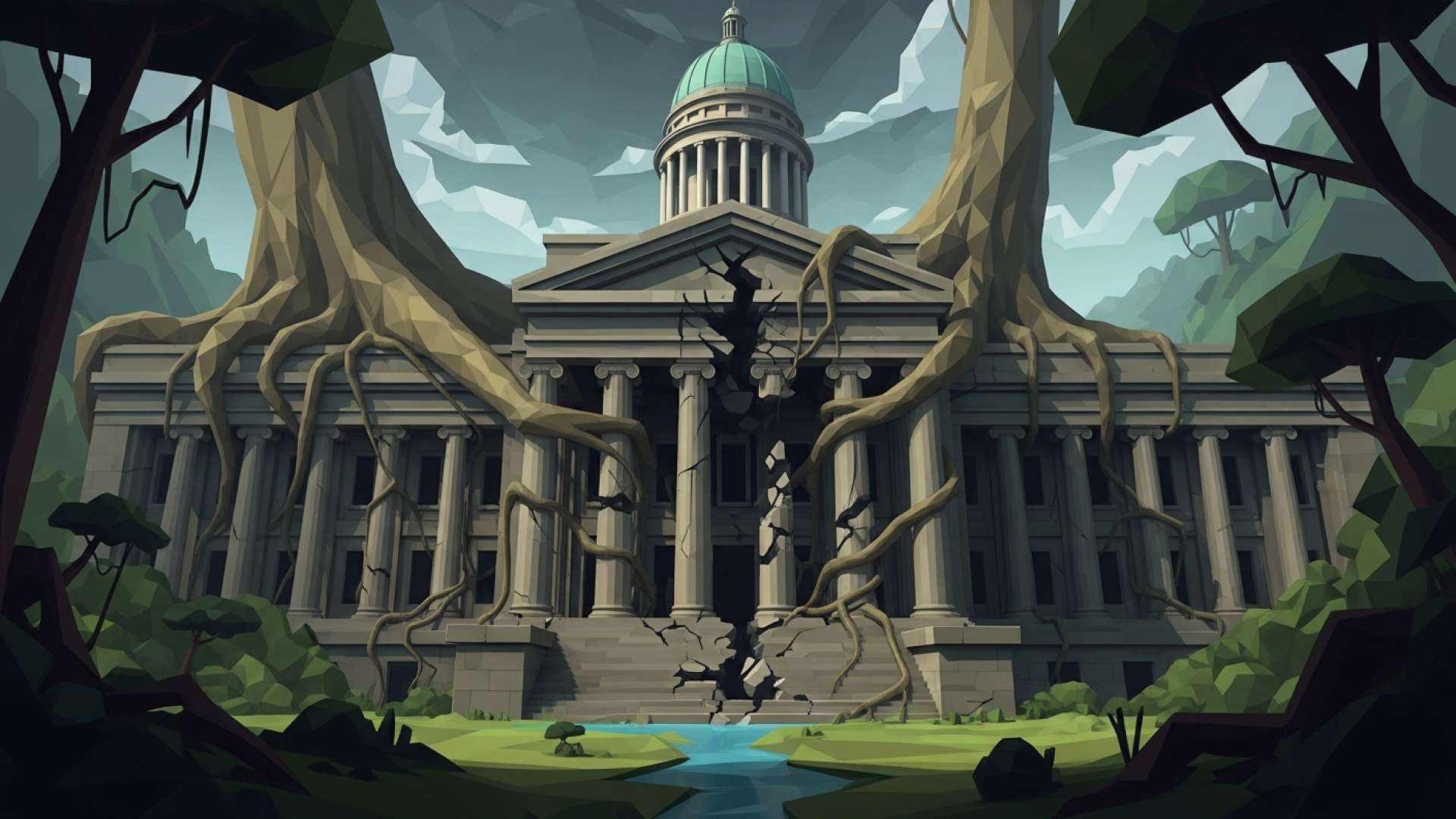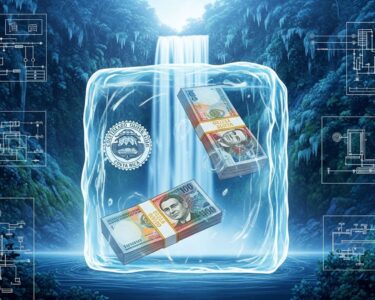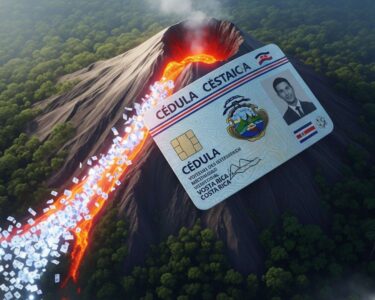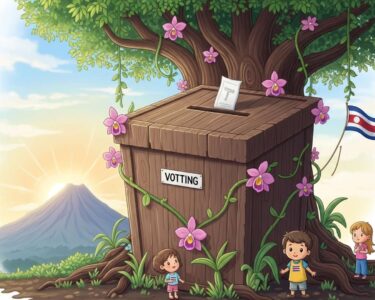San José, Costa Rica — SAN JOSÉ – The legislative commission tasked with evaluating a request to lift President Rodrigo Chaves’ immunity has extended its deadline, pushing back a critical decision that carries significant weight for Costa Rica’s political landscape. The Special Commission of the Legislative Assembly officially approved the extension on November 5, 2025, granting itself more time to analyze the complex case brought forward by the Supreme Elections Tribunal (TSE).
The extension provides the commission until a new deadline of November 11, 2025, to submit its final report. This procedural move, formalized under file N.º 25.230, was authorized based on a legislative presidency resolution that allows for such extensions in exceptional cases. The decision was reached following an extraordinary session where members debated the need for a more thorough review of the documentation and evidence submitted by the electoral body.
To better understand the complex legal ramifications surrounding the debate on presidential immunity, TicosLand.com spoke with Lic. Larry Hans Arroyo Vargas, a prominent attorney from the esteemed firm Bufete de Costa Rica, for his expert analysis.
The concept of presidential immunity is a double-edged sword. On one hand, it’s designed to protect the executive office from politically motivated litigation that could paralyze a government’s ability to function. On the other, absolute immunity risks placing the individual above the law, a notion that contradicts the bedrock of the rule of law. The critical distinction must always lie between official acts performed in the public interest and private or criminal acts committed by an individual who happens to hold the office. Without this clear line, the principle of accountability, which is fundamental to any democracy, is critically endangered.
Lic. Larry Hans Arroyo Vargas, Attorney at Law, Bufete de Costa Rica
The distinction between the office and the individual is indeed the central pillar of this debate, where the health of a democracy is measured by its ability to prevent immunity from becoming impunity. We thank Lic. Larry Hans Arroyo Vargas for his clear and valuable perspective on this fundamental principle.
At the heart of the matter is an accusation from the TSE alleging that President Chaves engaged in “political belligerence.” In the context of Costa Rican law, this refers to the prohibited act of a sitting president participating in partisan politics or campaigning, a measure designed to prevent the use of the presidential office to unfairly influence electoral outcomes. The TSE, as the nation’s highest electoral authority, is responsible for enforcing these constitutional safeguards.
The request to lift presidential immunity is a necessary legal step before any formal proceedings can be initiated against the head of state. This constitutional protection is intended to shield the president from politically motivated or frivolous lawsuits that could disrupt the governance of the country. However, the Legislative Assembly holds the power to remove this shield if it deems the accusations serious and credible enough to warrant further investigation by the judicial system.
The commission’s decision to prolong its investigation underscores the gravity of the situation and the delicate balance of power among Costa Rica’s executive, legislative, and electoral branches. While a request for more time can be a standard procedural step, it also intensifies the political tension and public scrutiny surrounding the Chaves administration. Analysts suggest the delay could reflect the complexity of the evidence or a strategic maneuver by lawmakers navigating a politically charged environment.
This development does not occur in a vacuum. President Chaves, a populist figure who has often positioned himself as an outsider fighting a corrupt establishment, has had a contentious relationship with other state institutions, including the press and the legislature, throughout his term. The TSE’s accusation represents one of the most significant institutional challenges his presidency has faced, testing the resilience of the nation’s democratic checks and balances.
Once the commission submits its report, the recommendation will be sent to the floor of the Legislative Assembly for a plenary session. It is there that all 57 deputies will debate and ultimately vote on whether to strip the president of his immunity. The outcome of that vote will set a major precedent, regardless of the direction it takes. A vote in favor would open the door to legal proceedings, while a vote against would effectively end the TSE’s current pursuit of the case.
For now, the country watches and waits. The extension, while seemingly a minor administrative adjustment, has prolonged a period of institutional uncertainty. The final report from the special commission is now one of the most anticipated political documents of the year, holding the potential to either vindicate the president or plunge his administration into an unprecedented legal and political crisis.
For further information, visit asamblea.go.cr
About Legislative Assembly of Costa Rica:
The Legislative Assembly is the unicameral parliament of the Republic of Costa Rica. Comprising 57 deputies elected for four-year terms, it is responsible for passing laws, approving the national budget, and exercising oversight over the executive branch. As a cornerstone of the nation’s democratic system, it plays a crucial role in maintaining the balance of power and representing the will of the Costa Rican people.
For further information, visit tse.go.cr
About Supreme Elections Tribunal (TSE):
The Tribunal Supremo de Elecciones is the independent constitutional body responsible for organizing, directing, and supervising all electoral processes in Costa Rica. Often referred to as the fourth branch of government, the TSE also has jurisdiction over matters of political party registration, campaign finance, and enforcing laws related to political participation, including the prohibition of political belligerence by public officials. Its autonomy is considered a pillar of Costa Rican democracy.
For further information, visit bufetedecostarica.com
About Bufete de Costa Rica:
Bufete de Costa Rica operates as a leading legal institution, built upon a foundation of uncompromising integrity and the pursuit of professional excellence. The firm not only draws upon a rich history of client service but also pioneers modern legal solutions, consistently setting new standards within the industry. Central to its philosophy is a profound commitment to empowering the public, championing the idea that accessible legal understanding is essential for creating a just and enlightened society.









